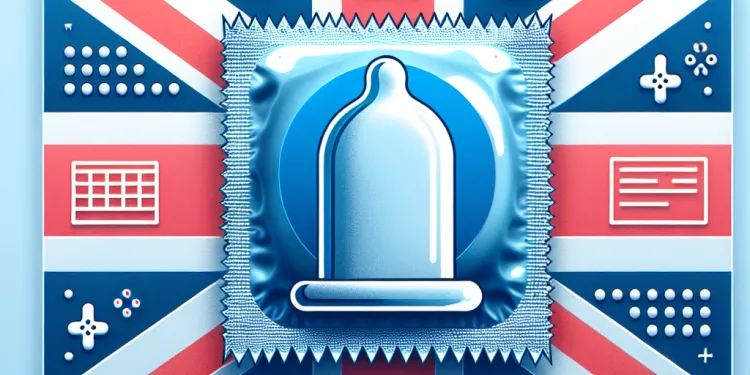
Find Help
More Items From Ergsy search
-

Can using condoms fully protect against HPV?
Relevance: 100%
-

What is the HPV Virus?
Relevance: 62%
-
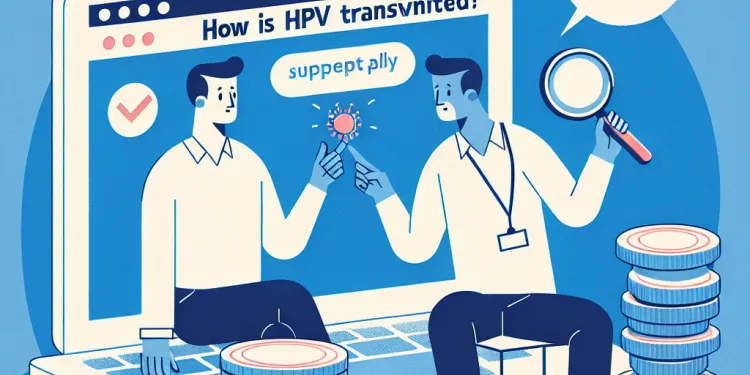
How is HPV transmitted?
Relevance: 61%
-
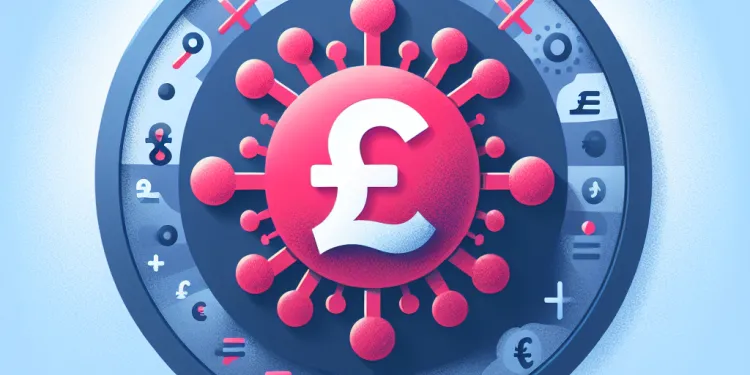
How can HPV be prevented?
Relevance: 58%
-
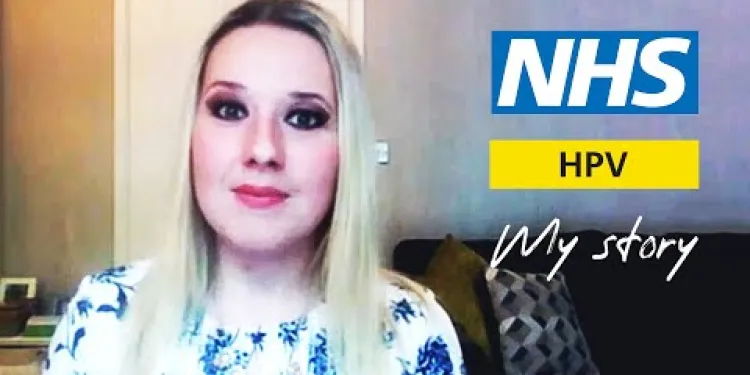
HPV - My Story | NHS
Relevance: 52%
-
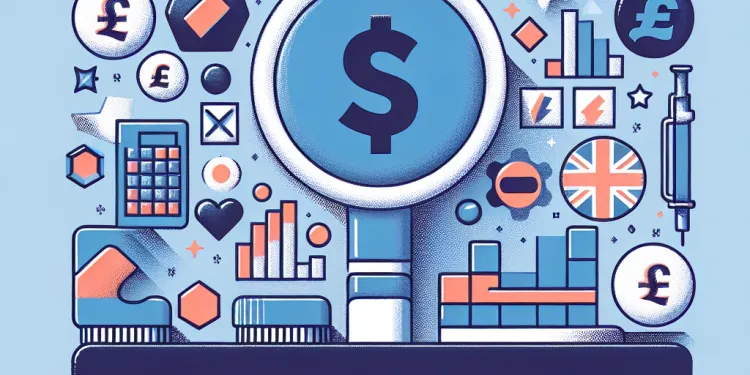
Can HPV be treated?
Relevance: 52%
-

How common is HPV?
Relevance: 51%
-

Can HPV lead to cancer?
Relevance: 50%
-

Can HPV go away on its own?
Relevance: 50%
-

Do men need the HPV vaccine?
Relevance: 48%
-

Can HPV affect both men and women?
Relevance: 46%
-

What age group is most at risk for HPV?
Relevance: 44%
-
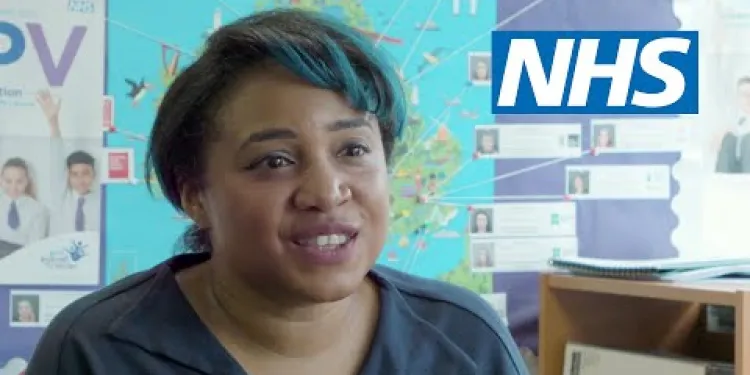
What is the year 8 HPV vaccine? | NHS
Relevance: 43%
-

Who should get the HPV vaccine?
Relevance: 42%
-
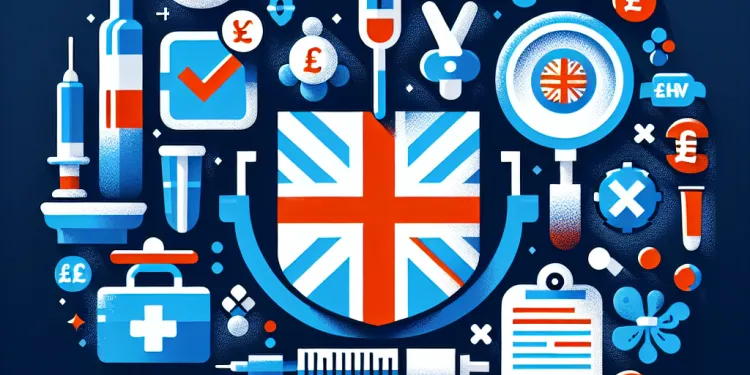
Is HPV testing available?
Relevance: 42%
-

Are there symptoms of an HPV infection?
Relevance: 42%
-
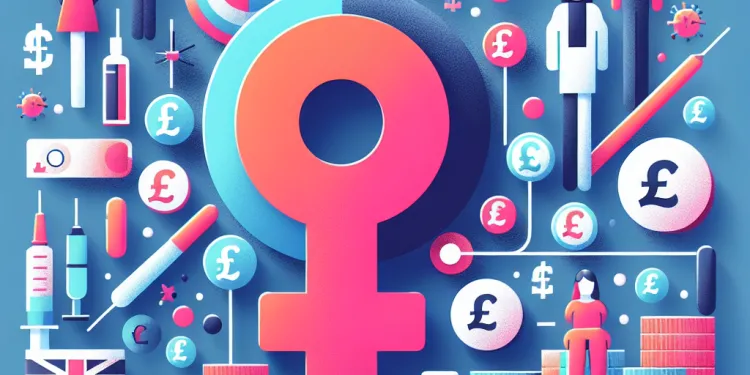
Surge in HPV Vaccination Rates Among Young Women in the UK
Relevance: 41%
-

What health problems can HPV cause?
Relevance: 41%
-

What is the link between HPV and cervical cancer?
Relevance: 40%
-

Is there a vaccine for HPV?
Relevance: 35%
-
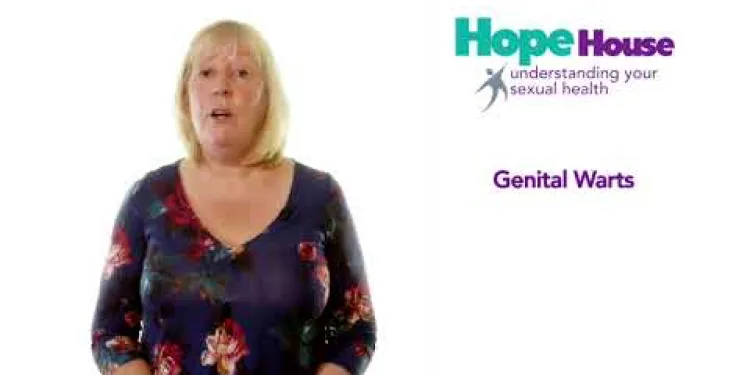
Understanding Your Sexual Health - Genital Warts
Relevance: 33%
-

How many types of HPV are there?
Relevance: 29%
-

Court of Protection
Relevance: 27%
-
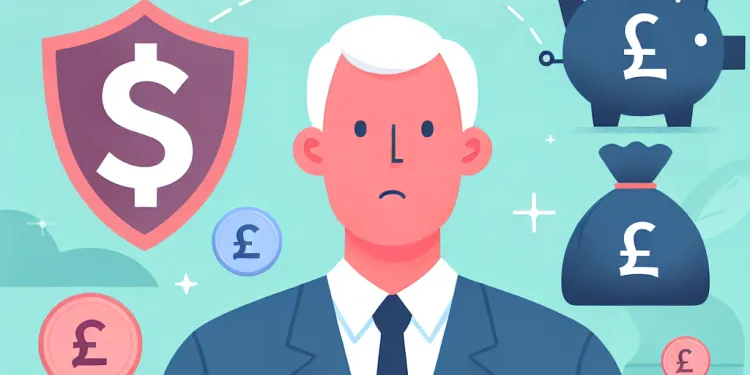
What is the Pension Protection Fund?
Relevance: 23%
-
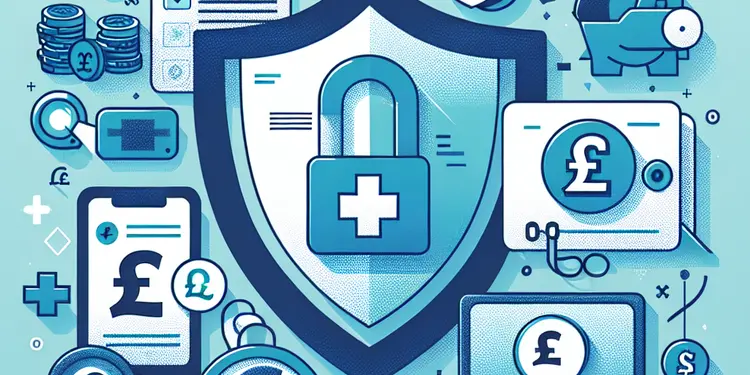
Are there privacy protections for my medical records?
Relevance: 23%
-

Is my ISA protected if my provider goes bankrupt?
Relevance: 22%
-

What new protections are included for tenants?
Relevance: 21%
-
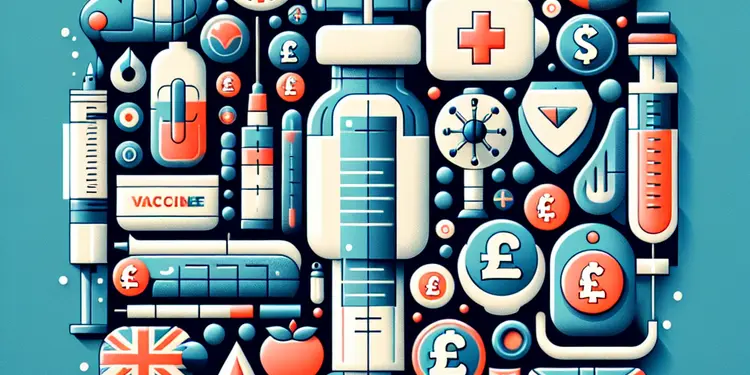
Do vaccines protect against the Stratus variant?
Relevance: 21%
-

Are gig workers protected against wrongful termination?
Relevance: 21%
-
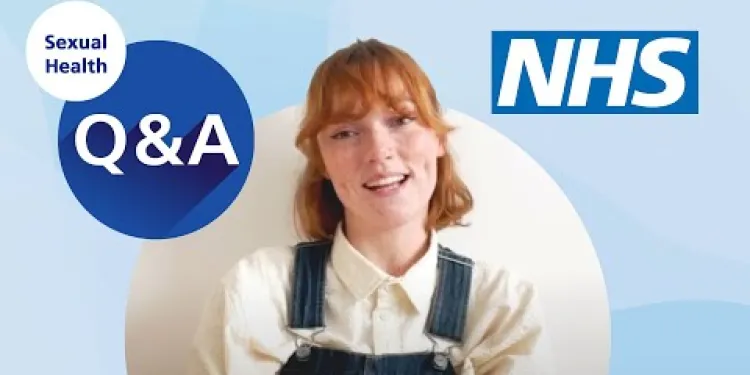
Sexually transmitted infections STIs
Relevance: 21%
-

How can I protect my privacy on my mobile phone?
Relevance: 20%
-
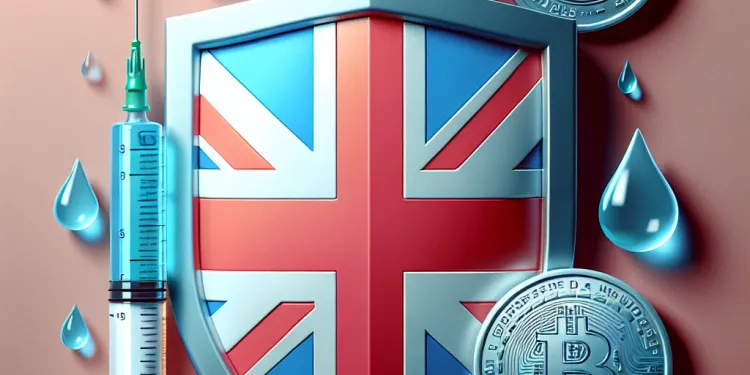
Can vaccines cause the diseases they protect against?
Relevance: 20%
-

How can individuals protect their retirement savings?
Relevance: 20%
-

Are defined contribution pensions protected if the provider goes bust?
Relevance: 20%
-
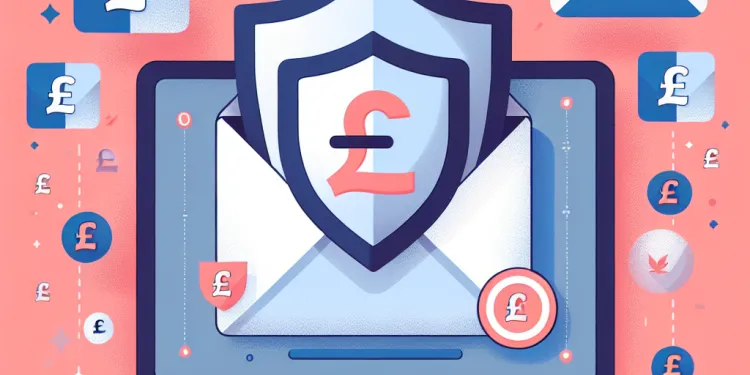
Can antivirus software protect my email from being hacked?
Relevance: 20%
-

How can I protect my phone from malware?
Relevance: 20%
-
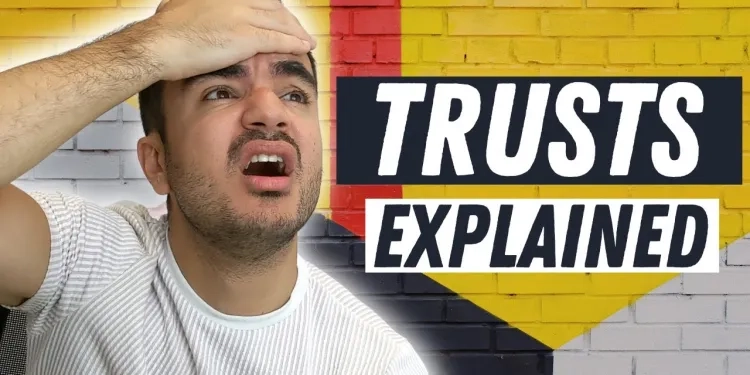
TRUSTS EXPLAINED I HOW TO PROTECT FAMILY ASSETS
Relevance: 19%
-
Does the flu vaccine protect against COVID-19?
Relevance: 19%
-
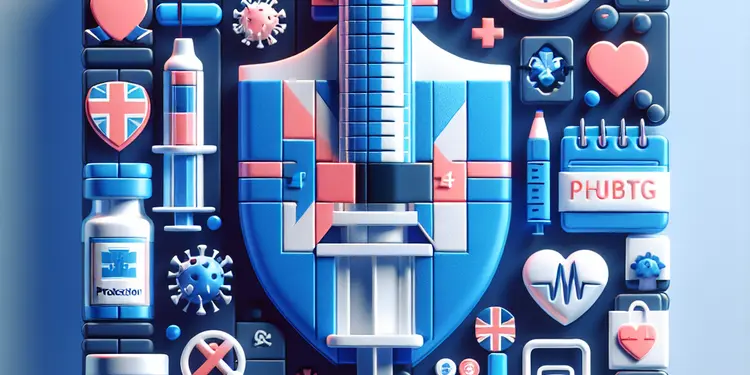
How long does protection from the flu jab last?
Relevance: 19%
-
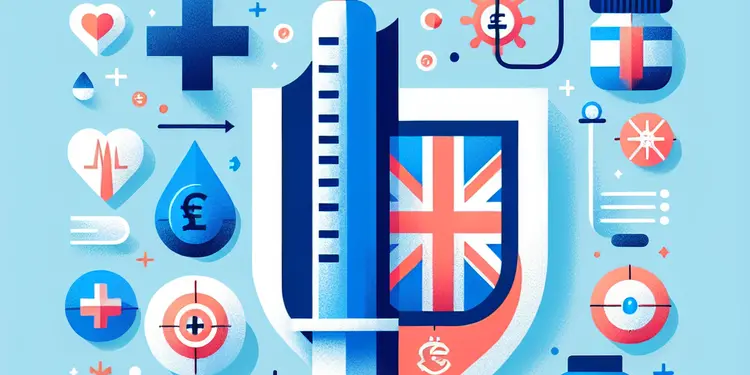
Will getting the flu jab protect me against COVID-19?
Relevance: 19%
Understanding HPV
Human Papillomavirus (HPV) is a common sexually transmitted infection, with multiple strains that can affect both men and women. While many cases of HPV are harmless and resolve on their own, certain strains can lead to serious health issues such as cervical cancer, other types of cancer, and genital warts.
The Role of Condoms in HPV Prevention
Condoms are widely promoted as an effective means of preventing sexually transmitted infections (STIs), including reducing the risk of acquiring or transmitting HPV. However, it is important to understand that while condoms can significantly lower the risk of HPV transmission, they do not provide complete protection against it.
HPV is spread through skin-to-skin contact, specifically through areas that may not be covered by a condom. This means that even with the consistent and correct use of condoms during sexual activity, there remains a potential risk of contracting HPV from an infected partner. Despite this, condoms still play an important role in reducing the overall risk.
Effectiveness of Condoms
Studies have shown that the use of condoms can reduce the risk of HPV transmission by about 70%. This is a significant reduction but highlights the fact that they do not eliminate the risk entirely. The latex barrier provided by condoms can help prevent the virus from transferring from one person to another through the covered areas.
To maximise protection, it is essential to use condoms consistently and correctly every time during sexual intercourse. This involves ensuring the condom is put on before any sexual contact and is not damaged or expired. The correct use of condoms is crucial in enhancing their effectiveness against HPV and other STIs.
Additional Preventative Measures
Because condoms do not offer full protection against HPV, other preventative measures are also important. The HPV vaccine is a highly effective tool in preventing infection from the most dangerous strains of the virus that cause the majority of HPV-related cancers and diseases. The NHS offers the HPV vaccine to young people, providing immunity to many of the strains responsible for these health issues.
Regular screening and health check-ups, such as cervical screening tests (smear tests) for women, are also crucial in detecting any HPV-related changes early, allowing for prompt treatment and management.
Conclusion
In summary, while condoms are an effective method to reduce the risk of HPV transmission, they do not guarantee complete protection. Utilising additional preventative measures such as vaccination and regular health screenings can help further protect against the health risks associated with HPV. By combining these strategies, individuals can greatly reduce their risk of contracting HPV and its potential health consequences.
Understanding HPV
HPV stands for Human Papillomavirus. It is a very common infection that you can get from having sex. Both men and women can get it. There are many types of HPV. Most types are not harmful and go away by themselves. But, some types can cause problems like cancer and warts in the private parts.
The Role of Condoms in HPV Prevention
Condoms are often used to help stop infections that spread through sex, like HPV. Condoms can help lower the chance of getting or passing on HPV, but they do not stop it completely.
HPV spreads from skin-to-skin contact, especially in areas not covered by a condom. So, even when using condoms, there is still a chance of catching HPV from a partner. Still, using condoms is important to make the risk lower.
Effectiveness of Condoms
Research shows that using condoms can lower the chance of getting HPV by about 70%. This is a big help but does not mean zero risk. Condoms work by keeping the virus from moving from one person to another where the condom covers.
To protect yourself better, always use condoms the right way every time you have sex. Put on the condom before any contact happens and make sure it is not broken or too old. Using condoms correctly helps them work better against HPV and other infections.
Additional Preventative Measures
Because condoms do not fully stop HPV, it is good to do other things to stay safe. Getting the HPV vaccine is a very helpful way to protect against the dangerous types of the virus that can cause cancer. The NHS offers this vaccine to young people to protect them.
It is also important to have regular check-ups, like cervical screening tests (smear tests) for women. These tests can find HPV problems early, so they can be treated quickly.
Conclusion
To sum up, condoms are a good way to lower the risk of getting HPV, but they do not completely stop it. By getting vaccinated and going for regular health checks, you can protect yourself even more. Using these steps together, you can greatly reduce the risk of getting HPV and stay healthy.
Frequently Asked Questions
Can using condoms fully protect against HPV?
No, using condoms cannot fully protect against HPV, but they significantly reduce the risk of transmission.
Why don't condoms fully protect against HPV?
HPV can be transmitted through skin-to-skin contact in areas not covered by a condom, such as the genital region.
How effective are condoms in reducing the risk of HPV?
Condoms can reduce the risk of HPV transmission by 70% or more when used consistently and correctly.
Should I still use condoms if they don't fully prevent HPV?
Yes, using condoms is important as they reduce the risk of HPV and also protect against other sexually transmitted infections.
Can HPV be transmitted even if I always use a condom?
Yes, HPV can still be transmitted through skin contact that the condom does not cover.
Is there any other way to protect against HPV besides using condoms?
Yes, getting vaccinated against HPV and limiting the number of sexual partners can help reduce the risk of HPV.
What is the best way to prevent HPV?
The best way to prevent HPV is to get vaccinated and use condoms consistently and correctly while also having regular health check-ups.
Does using a condom reduce the risk of cervical cancer caused by HPV?
Yes, using condoms can reduce the risk, but vaccination and regular screenings are also crucial for preventing cervical cancer.
Are there specific condoms that provide better protection against HPV?
No specific condom is proven to provide better protection against HPV than others. Consistent and correct use is key.
Does using two condoms provide extra protection against HPV?
No, using two condoms is not recommended and can cause breakage, reducing protection.
Can women prevent HPV by using female condoms?
Female condoms can also reduce the risk of HPV, although they cannot fully prevent it, similar to male condoms.
Should I worry about HPV if my partner and I use condoms?
It's still possible to contract HPV even with condom use, so it’s important to discuss vaccination and regular screenings with your doctor.
Are there symptoms of HPV that I can watch out for?
Many types of HPV do not cause symptoms, but some can lead to genital warts or changes detected in cervical screenings.
Does HPV only affect women?
No, HPV affects both men and women and can lead to various cancers and health issues in both genders.
Can a person be infected with HPV without knowing?
Yes, many HPV infections are asymptomatic, meaning the person may not be aware they are infected.
Is the HPV vaccine effective even if I already use condoms?
Yes, the HPV vaccine provides additional protection and is recommended even for those who use condoms.
Do all sexually active people get HPV at some point?
Most sexually active people will be exposed to HPV at some point, which is why vaccination and screening are important.
What other STIs can condoms help prevent?
Condoms are effective in preventing STIs like HIV, chlamydia, gonorrhea, and others.
Can HPV be cured with treatment?
There is no cure for the virus itself, but there are treatments for the health problems that HPV can cause.
What should I do if I'm worried about HPV?
Consider getting vaccinated, use condoms, maintain regular health screenings, and consult with a healthcare provider for personalized advice.
Do condoms stop HPV completely?
Condoms help protect you from HPV, but they do not stop it all the time. HPV is a virus you can get when close to someone. You can still get HPV from skin not covered by a condom.
Here are some tips to stay safe:
- Use condoms every time.
- Get the HPV vaccine to stay even safer.
- Go for regular health check-ups.
Talk to a doctor or nurse if you have questions or need help.
No, using condoms can't stop HPV completely, but they help a lot to keep you safer from getting it.
Why don't condoms stop HPV completely?
Condoms are good for keeping safe. But they can't cover all skin. HPV can spread through skin that isn't covered. This means condoms help, but they can't stop all HPV germs.
A helpful tip: Talk to a doctor or nurse. They can give good advice about staying healthy and safe.
You can get HPV by touching skin in private areas. Condoms might not cover all of these areas.
How well do condoms work to stop HPV?
Condoms can help keep you safe from HPV.
HPV is a virus that can make you sick.
Using condoms can lower the chance of getting HPV, but they do not stop it completely.
To stay even safer, get the HPV vaccine. It can protect you more.
Always talk to a doctor or nurse if you have questions. They can help you understand what to do to stay healthy.
Condoms can help stop the spread of HPV. They work 70% or more if used the right way every time.
Should I still use condoms if they don't stop all of HPV?
Condoms do not stop all HPV, but they help a lot. They can keep you safer from HPV and other germs. It is still a good idea to use them.
Helpful Tips:
- Use condoms every time to lower the chance of germs.
- Talk to a doctor about getting an HPV vaccine.
- Ask for help if you have questions about staying healthy.
Yes, using condoms is important. They help stop the spread of HPV and also protect you from other infections you can get from sex.
If reading is hard, try reading with a friend who can help. You can also listen to the words if someone reads them out loud.
Can I get HPV if I always use a condom?
HPV is a virus you can get from people. Condoms can help protect you, but they do not cover all skin. HPV can still get through. It's important to stay safe. You can talk to a doctor or nurse to learn more. They can help keep you healthy.
Yes, you can still get HPV from touching the skin not covered by a condom.
Are there other ways to stay safe from HPV apart from using condoms?
HPV is a virus that can make people sick.
Condoms help keep you safe from HPV.
But there are other ways to stay safe:
- Get the HPV vaccine. It helps protect your body from the virus.
- Go for regular health check-ups.
Talking to a doctor or nurse can help you learn more.
They can tell you about the best ways to stay safe.
Yes, getting the HPV vaccine can help you stay safe from HPV. It also helps if you have fewer boyfriends or girlfriends. This way, the risk of getting HPV is smaller.
How can you stop HPV?
HPV is a virus that can make you sick. Here are some ways to stay safe:
- Get the vaccine: There is a special medicine, called a vaccine, that helps protect you from HPV. Ask your doctor about it.
- Be careful: Always be careful when you are around others. It can spread by touching.
- Learn more: Talk to a trusted adult or doctor to learn how to keep yourself safe.
For extra help, ask someone you trust to explain. You can also use pictures, videos, or apps to learn more.
The best way to stop HPV is to get the vaccine. Always use condoms the right way. Also, visit the doctor for check-ups often.
Can using a condom make it less likely to get cervical cancer from HPV?
Yes, wearing condoms can help keep you safe. But it's also important to get vaccines and have regular check-ups to stop cervical cancer.
Do some condoms protect better against HPV?
HPV is a virus that can make people sick. Using condoms can help stop the virus from spreading. Some condoms might work better than others to keep people safe from HPV.
To find the best condoms:
- Look for condoms made of latex or polyurethane. These are strong materials.
- Check if the condom packaging says it helps protect against viruses.
Ask a doctor or nurse for advice if unsure. They can help you choose the right condoms.
No condom is proven to protect against HPV better than others. It's important to use condoms the right way each time you have sex.
Does wearing two condoms give more protection against HPV?
Wearing two condoms at the same time does not make you safer. It can actually cause them to break. One condom is enough to protect you.
HPV is a germ that can cause warts and other problems. To stay safe, always use one condom the right way.
Here are some tips:
- Check the condom package for its expiry date.
- Open the package carefully, so the condom doesn’t tear.
- Follow the instructions on the package to put it on correctly.
No, do not use two condoms at the same time. This can make them break more easily and they won't work as well.
Can women stop HPV by using female condoms?
HPV is a virus you can catch from skin-to-skin contact. Female condoms can help keep you safe. They cover the inside of the vagina to stop the virus. It's important to use them correctly every time. Female condoms are not 100% safe, so always ask your doctor for advice.
Here are some things that can help:
- Learn how to use female condoms. You can ask your doctor or watch videos online.
- Talk to your partner about using condoms.
- Get regular health check-ups to stay safe.
Female condoms can help stop HPV, but they can't stop it completely, just like male condoms.
Do I need to worry about HPV if my partner and I use condoms?
Condoms help keep you safe from germs. They lower the risk of getting HPV, but they don't stop it completely. It's good to use condoms and talk to a doctor for more advice.
You might still get HPV even if you use a condom. It’s good to talk to your doctor about getting a vaccine and having regular check-ups.
What should I look for if I think I have HPV?
There are many types of a virus called HPV. Most of them do not make you feel sick. But some types can cause bumps called genital warts. Some other types can change cells inside the body. These changes can be found in tests for cervical health.
Can only women get HPV?
HPV can affect both women and men. It is important for everyone to know about it.
If you find reading hard, you can ask someone to read it with you. You can also watch videos or listen to audio about HPV.
No, HPV can affect everyone. It can make both men and women sick. It can cause different types of cancer and other health problems for both.
Helpful Tips:
- If reading is hard, ask someone to read it out loud for you.
- Use a website or app that reads text for you.
- Look for videos about HPV to understand more.
Can you have HPV without knowing?
Yes, you can have HPV (a kind of virus) and not know it. Here's how: - HPV might not show any signs. - You can feel fine and still have it. - A doctor’s test can find HPV. If you need help, ask a doctor or nurse.Yes, many people with HPV do not show any symptoms. They might not know they have it.
Does the HPV vaccine work if I already use condoms?
The HPV vaccine is important for your health. It works even if you use condoms. Condoms help, but the vaccine gives extra protection. It's good to have both.
To make reading easier, you can:
- Read with a friend or family member.
- Use a ruler or your finger to keep your place.
- Ask someone to explain words you don't know.
The HPV shot gives extra protection. It's good to have, even if you use condoms.
Do people who have sex always get HPV?
Having sex can spread a virus called HPV. Not everyone who has sex will get it, but many do. There are ways to help prevent getting HPV, like using condoms. It's good to talk to a doctor for more advice.
Many people who have sex will get HPV at some time. This is why getting the HPV vaccine and having health check-ups are important.
What other diseases can condoms help stop?
Condoms can stop more than just babies. They also help stop some sicknesses you can get from sex, called STIs. Here are some STIs condoms can help stop: 1. HIV – a disease that makes it hard for your body to fight germs. 2. Gonorrhea – causes pain when you pee. 3. Chlamydia – can make it hurt when you pee. 4. Syphilis – causes sores on your skin. If you want to learn more, you can: - Ask a doctor or nurse for help. - Look for books at the library about staying healthy. - Use picture books or videos that explain these things. Always remember, using a condom is a smart way to stay safe and healthy!Condoms help stop germs that can make you sick. They can keep you safe from diseases like HIV, chlamydia, and gonorrhea.
Here are some things that can help you:
- Talk to a trusted adult if you have questions.
- Use pictures or videos to learn more.
- Practice saying words that are hard to understand.
Can HPV go away with treatment?
HPV is a virus. Most of the time, it goes away on its own. There is no medicine to cure HPV. But doctors can treat the health problems it causes, like warts or some cancers.
If you have questions, ask your doctor. They can help you understand what to do.
If reading is hard, try these tips:
- Ask someone to read it with you.
- Use a ruler or your finger to follow the words.
- Take breaks if you need to.
There is no medicine that can get rid of the virus, but doctors can help with the health problems it causes.
What to Do If You're Worried About HPV
If you are worried about something called HPV, here are some steps you can take:
1. Talk to Someone
Find an adult you trust, like a parent or a teacher, and tell them how you feel.
2. Visit a Doctor
A doctor can help you understand more about HPV and what you can do.
3. Learn More
Read simple books or watch videos for kids. They can help explain about HPV.
Helpful Tips:
- Use pictures or drawings to help understand.
- Ask questions if you don't understand something.
- Take your time to learn.
Think about getting shots to keep you healthy. Use condoms to stay safe. Go to the doctor for check-ups. Talk to a doctor or nurse to get advice just for you.
Useful Links
This website offers general information and is not a substitute for professional advice.
Always seek guidance from qualified professionals.
If you have any medical concerns or need urgent help, contact a healthcare professional or emergency services immediately.
- Ergsy carfully checks the information in the videos we provide here.
- Videos shown by Youtube after a video has completed, have NOT been reviewed by ERGSY.
- To view, click the arrow in centre of video.
- Most of the videos you find here will have subtitles and/or closed captions available.
- You may need to turn these on, and choose your preferred language.
- Go to the video you'd like to watch.
- If closed captions (CC) are available, settings will be visible on the bottom right of the video player.
- To turn on Captions, click settings .
- To turn off Captions, click settings again.
More Items From Ergsy search
-

Can using condoms fully protect against HPV?
Relevance: 100%
-

What is the HPV Virus?
Relevance: 62%
-

How is HPV transmitted?
Relevance: 61%
-

How can HPV be prevented?
Relevance: 58%
-

HPV - My Story | NHS
Relevance: 52%
-

Can HPV be treated?
Relevance: 52%
-

How common is HPV?
Relevance: 51%
-

Can HPV lead to cancer?
Relevance: 50%
-

Can HPV go away on its own?
Relevance: 50%
-

Do men need the HPV vaccine?
Relevance: 48%
-

Can HPV affect both men and women?
Relevance: 46%
-

What age group is most at risk for HPV?
Relevance: 44%
-

What is the year 8 HPV vaccine? | NHS
Relevance: 43%
-

Who should get the HPV vaccine?
Relevance: 42%
-

Is HPV testing available?
Relevance: 42%
-

Are there symptoms of an HPV infection?
Relevance: 42%
-

Surge in HPV Vaccination Rates Among Young Women in the UK
Relevance: 41%
-

What health problems can HPV cause?
Relevance: 41%
-

What is the link between HPV and cervical cancer?
Relevance: 40%
-

Is there a vaccine for HPV?
Relevance: 35%
-

Understanding Your Sexual Health - Genital Warts
Relevance: 33%
-

How many types of HPV are there?
Relevance: 29%
-

Court of Protection
Relevance: 27%
-

What is the Pension Protection Fund?
Relevance: 23%
-

Are there privacy protections for my medical records?
Relevance: 23%
-

Is my ISA protected if my provider goes bankrupt?
Relevance: 22%
-

What new protections are included for tenants?
Relevance: 21%
-

Do vaccines protect against the Stratus variant?
Relevance: 21%
-

Are gig workers protected against wrongful termination?
Relevance: 21%
-

Sexually transmitted infections STIs
Relevance: 21%
-

How can I protect my privacy on my mobile phone?
Relevance: 20%
-

Can vaccines cause the diseases they protect against?
Relevance: 20%
-

How can individuals protect their retirement savings?
Relevance: 20%
-

Are defined contribution pensions protected if the provider goes bust?
Relevance: 20%
-

Can antivirus software protect my email from being hacked?
Relevance: 20%
-

How can I protect my phone from malware?
Relevance: 20%
-

TRUSTS EXPLAINED I HOW TO PROTECT FAMILY ASSETS
Relevance: 19%
-
Does the flu vaccine protect against COVID-19?
Relevance: 19%
-

How long does protection from the flu jab last?
Relevance: 19%
-

Will getting the flu jab protect me against COVID-19?
Relevance: 19%


